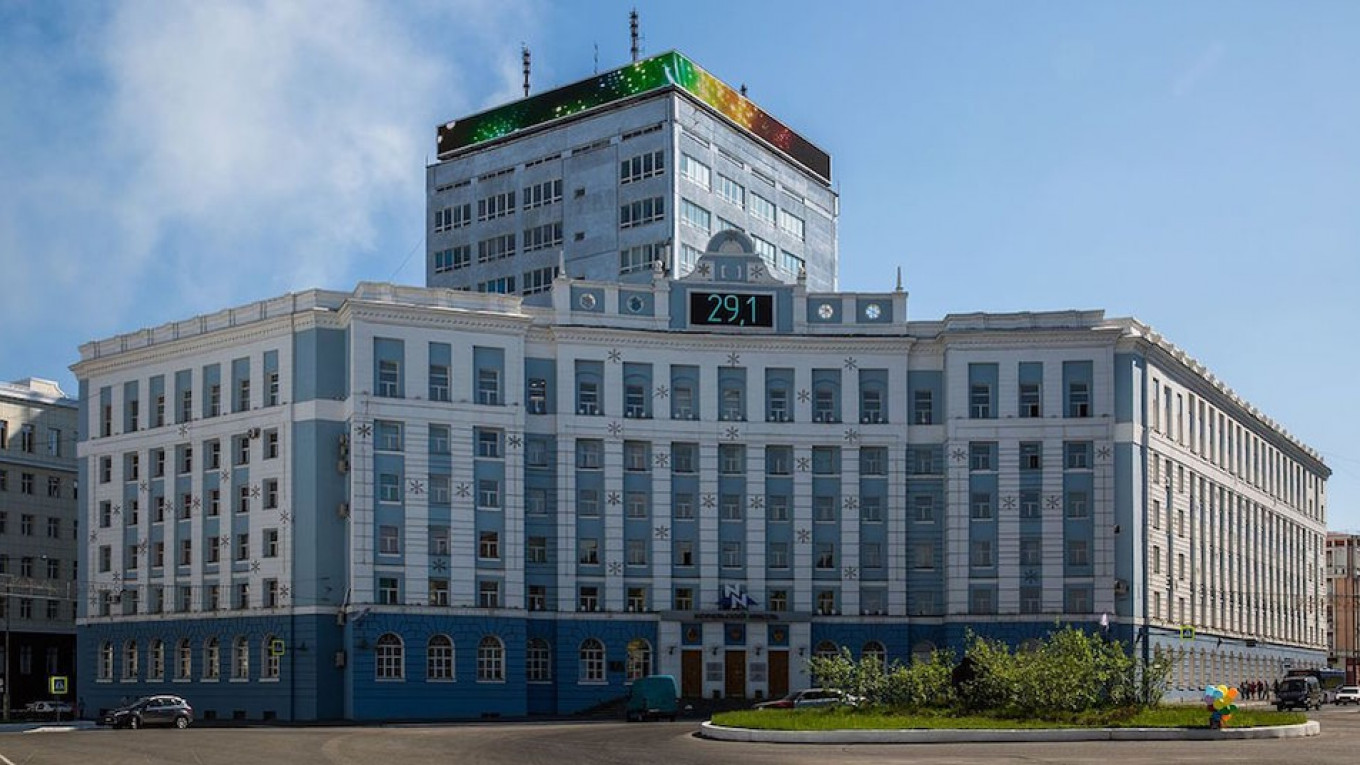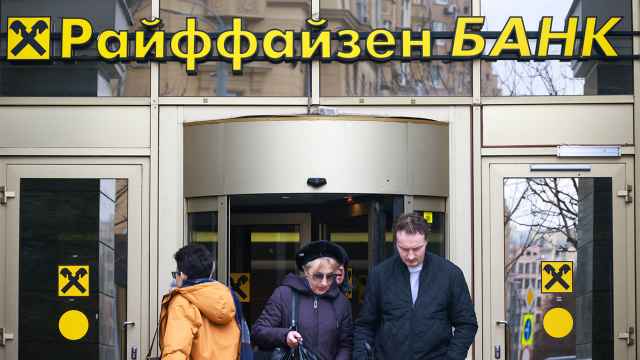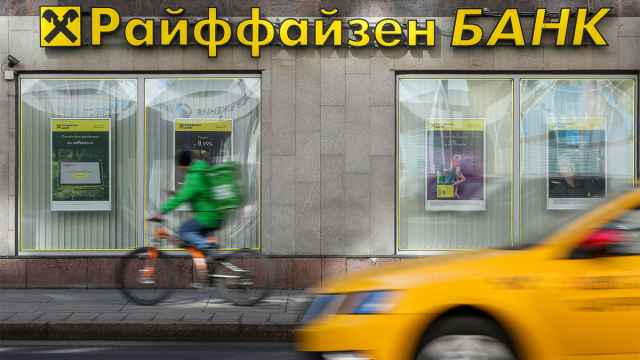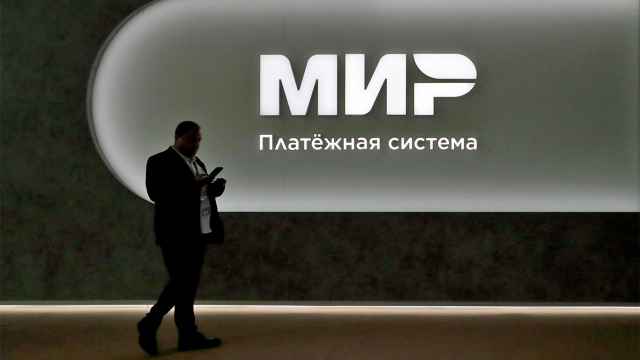Two of Russia's biggest mining companies said on Wednesday they were investigating ruble-based payments schemes, amid calls from Moscow to reduce the role of the U.S. dollar in Russian trade and so limit the impact of U.S. sanctions.
The Kremlin said on Monday that Russia favoured bilateral trade with all countries in their national currencies, rather than the dollar, but that the idea needed detailed work before being implemented.
Russia's Norilsk Nickel, which vies with Brazil's Vale SA to be the world's biggest nickel producer and is the world's top palladium producer, said on Wednesday it was discussing the possibility of settling payments in rubles with foreign customers that had signalled their readiness for such an arrangement.
Russian miner Alrosa, the world's largest producer of rough diamonds in carat terms, also said on Wednesday it was testing a mechanism to settle payments in Russia's currency.
"By way of an experiment, such deals were completed with clients in China and India," the company said in a statement.
"Should the need arise, the company is ready to implement this ruble-based payments scheme in future," Alrosa said.
The Shanghai branch of Russia's VTB bank facilitated Alrosa's first ruble-based deal with a Chinese client.
"The ability to pay in rubles contributes to increasing the share of payments settled using national currencies in overall Russia-China trade," VTB's first deputy chief executive Yuri Soloviev said.
In July, the Moscow Exchange said it was launching more currency pairs, including trading the ruble against sterling, the Chinese yuan and the Turkish lira, facilitating trade in national currencies.
A new round of U.S. sanctions on Russia last week sent the ruble tumbling to its weakest since mid-2016, while earlier measures targeting major Russian companies, including aluminium and hydropower giant En+ Group, demonstrated the degree of Washington's leverage over Russian firms.
One of En+ Group's pre-emptory measures, in anticipation of possible U.S. sanctions on the company, was to switch most of its dollar payments and loans into euros and pounds, Reuters reported.
Russian President Vladimir Putin, speaking in May, said Russia also needed to diversify its international reserves to reduce reliance on the U.S. currency.
"The monopoly of the U.S. dollar is not reliable enough, it is dangerous for many," Putin said.
A Message from The Moscow Times:
Dear readers,
We are facing unprecedented challenges. Russia's Prosecutor General's Office has designated The Moscow Times as an "undesirable" organization, criminalizing our work and putting our staff at risk of prosecution. This follows our earlier unjust labeling as a "foreign agent."
These actions are direct attempts to silence independent journalism in Russia. The authorities claim our work "discredits the decisions of the Russian leadership." We see things differently: we strive to provide accurate, unbiased reporting on Russia.
We, the journalists of The Moscow Times, refuse to be silenced. But to continue our work, we need your help.
Your support, no matter how small, makes a world of difference. If you can, please support us monthly starting from just $2. It's quick to set up, and every contribution makes a significant impact.
By supporting The Moscow Times, you're defending open, independent journalism in the face of repression. Thank you for standing with us.
Remind me later.






